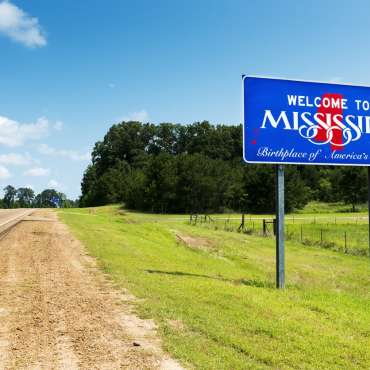A new study from the University of Leipzig has warned that close to half of all online gambling in Germany still takes place with unlicensed operators.
The study was commissioned by the German Online Casino Association (DOCV) and the German Sports Betting Association (DSWV). It was authored by economist Gunther Schnabl of the University of Leipzig.
The report states that the State Treaty on Gambling, which came into force in July 2021, is missing its key target of ensuring that all online gaming takes place on licensed sites.
As a result, the DOCV and DSWV have called on Germany’s gambling regulator (GGL) to make regulated casinos a more competitive proposition. The GGL came about as a result of the Fourth State Treaty.
The study: in numbers
The study defines an illegal site as being based on several key criteria. The first is that the offer can be reached from a German IP address, without using a VPN. The second is that the offer is available in German and the third is that, when registering, the site accepts a user’s German address.
According to the report, the channelisation rate of players towards the regulated online space was 50.7% in March 2023. For black market sites, 28.9% of traffic was to unlicensed EU providers and 19.9% was to unlicensed offshore providers.
The study estimates that three-quarters of online revenue is generated by the black market, leading to the loss of hundreds of millions of Euros in tax revenue annually.
Failing regulation
The report states that the popularity of the black market still remains influential due to ease of access for players. This is further compounded by the prevalence of online advertising conducted by unlicensed brands.
It also highlights that excessive restriction on stake limits and bonuses are reducing competitiveness, with players seeking out more flexible alternatives.
The findings come as German regulators continue to enhance player protection measures, including limits, player bans and offers of help. Last week, Drogenbeauftragter, the Federal Drug Commissioner of the Bundestag highlighted the issue of problem gambling in a separate study.
The Bundestag-commissioned study stated that 2.3% of Germany’s population between 18 and 70 years old suffer from gambling harm. In absolute numbers, this is the equivalent of 7.7% of all those who gamble, or 1.3 million people in total. This study also revealed that slots are recognised as the highest contributor to problem gambling in Germany. In total, it found that four out of 10 slots players are risk of harm.
Urgent measures
As a result of the findings, the DOCV and DSWV have called for urgent measures to tackle the issue.
The action plan presented urges a review of the current regulatory environment by the GGL. In tandem, the report also calls for greater collaboration between the regulated industry, the GGL, political bodies and interest groups.
As well as this, the report also suggests an improved taxation regime, as well as more flexible regulation. It is hoped that by providing this, the licensed environment will become more attractive to players.
At Behörden Spiegel’s Bundeskonferenz zum Glücksspielwesen last month, attendees were warned of the threat the black market poses to players. At the event, Wes Himes, executive director of standards and innovation at the Betting and Gaming Council, said the best way to fight the illegal market is to establish a “competitive regulated market”.





